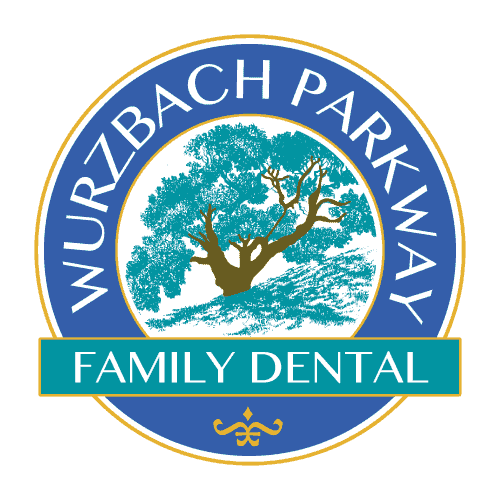Suffering from sleep apnea? Your dentist can help get you more ZZZ’s!
Sleep apnea is a life-threatening condition where breathing is restricted or stopped during sleep due to narrow or closed airways. It is caused by the muscles in the back of the throat collapsing and obstructing the airways. When airflow is cut off, our risk of heart disease, stroke, high blood pressure, and diabetes increase due to the lack of oxygen to vital organs. Sleep apnea affects nearly 18 million Americans every year.
Oftentimes, the first signs and symptoms of sleep apnea are excessive tiredness during the daytime, loud snoring while asleep, and frequent nighttime waking accompanied by shortness of breath. Other patients complain of waking with headaches or dry mouth and sore throat. Not all patients have these symptoms, so it’s important to see a doctor if something feels off.
Sleep apnea treatments
There are many different ways to treat sleep apnea including behavior modifications, such as weight loss or changing how you sleep. Currently, one of the most widely used treatment methods involves a CPAP machine. The device increases air pressure in the throat to keep the airways from collapsing as you breathe in during sleep. However, many people find the machines cumbersome and the accompanying mask uncomfortable. Some patients suffer from chronic dry mouth and nose while wearing the mask or problems with the mask fitting properly. If you’ve unsuccessfully tried a CPAP machine, there’s an alternative worth trying.
Surprisingly, this alternative treatment won’t originate from your doctor, but from your dentist. We all know the importance of maintaining proper dental hygiene. What many patients don’t realize is that regular dental visits are more than just teeth cleanings; dentists are also searching for signs of oral cancer or other diseases that can impact your quality of life. Since dentists see their patients more regularly than a physician, they may be the first medical professional to detect whether a patient has sleep apnea or other health issue.
How your dentist can help
 Oral appliance therapy (OAT) is an effective alternative for many sleep apnea patients, and is sometimes used in conjunction with a CPAP machine. Similar to orthodontics, this method of sleep apnea treatment involves a mouthpiece that is fitted to the patient’s mouth and helps to keep the airways open while they sleep by holding the jaw from falling back. There are different variations on oral devices available; one type will restrain your tongue in a forward position, which keeps the airways from collapsing, while another type will reposition the jaw. In general the appliance is small, comfortable, and easily transported which makes it popular with sleep apnea patients.
Oral appliance therapy (OAT) is an effective alternative for many sleep apnea patients, and is sometimes used in conjunction with a CPAP machine. Similar to orthodontics, this method of sleep apnea treatment involves a mouthpiece that is fitted to the patient’s mouth and helps to keep the airways open while they sleep by holding the jaw from falling back. There are different variations on oral devices available; one type will restrain your tongue in a forward position, which keeps the airways from collapsing, while another type will reposition the jaw. In general the appliance is small, comfortable, and easily transported which makes it popular with sleep apnea patients.
Your dentist will evaluate your condition and determine which appliance is best suited for you. They will then have the appliance created and fitted to you. The process can take up to a few weeks to make sure that the appliance is fitted properly and working, and you may need to see a sleep medicine specialist prior to having your dentist create the mouthpiece.
Other ways dentists help
In more severe cases of sleep apnea, surgery may be necessary, and your dentist will work with an oral surgeon to determine if you need it. Known as maxillomandibular advancement, this type of surgery repositions the jaw to allow more space for the airways and prevent tissues from collapsing.
If you’re suffering from moderate to severe sleep apnea and looking for an alternative to a CPAP machine or surgery, talk to your dentist for more information. Give us a call today and see how we can help get your sleep back on track!

